In this excerpt, he discusses his favorite childhood memories of the tradition when the town was more isolated and Congo communities visited each other via boat during carnival season.
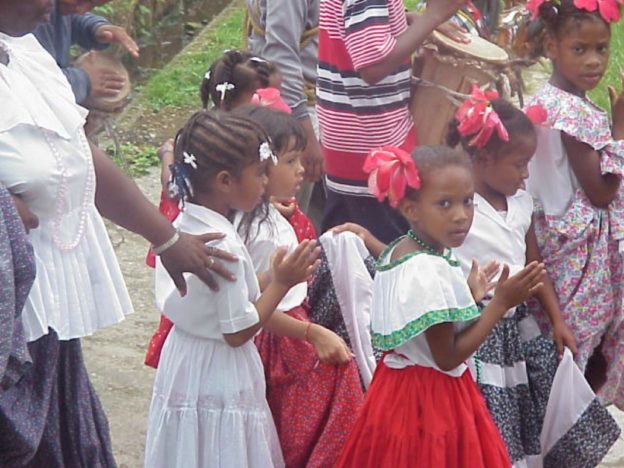


In this excerpt, he discusses his favorite childhood memories of the tradition when the town was more isolated and Congo communities visited each other via boat during carnival season.
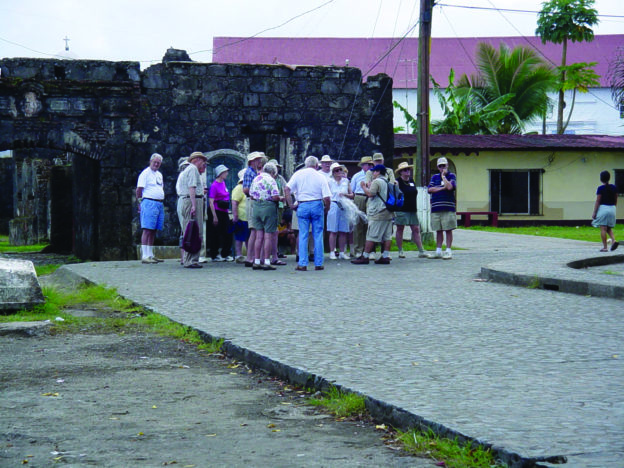
In this excerpt, Maestro Andrés discusses the impact of tourism on the tradition, including the monetization of various aspects and changes in costuming. In describing the current tradition, he references the impact of the “the road” on the town. At this point in the recording, the tape appears to have sped up causing distortion.
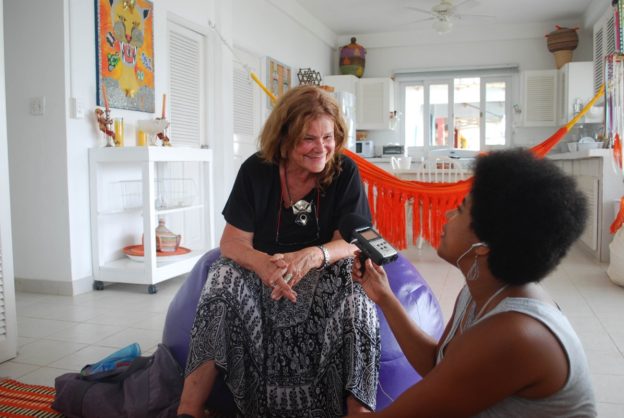
In this brief excerpt, Sandra Eleta talks about Arturo Lindsay and the founding of Taller Portobelo as a workshop for the Congo artists.
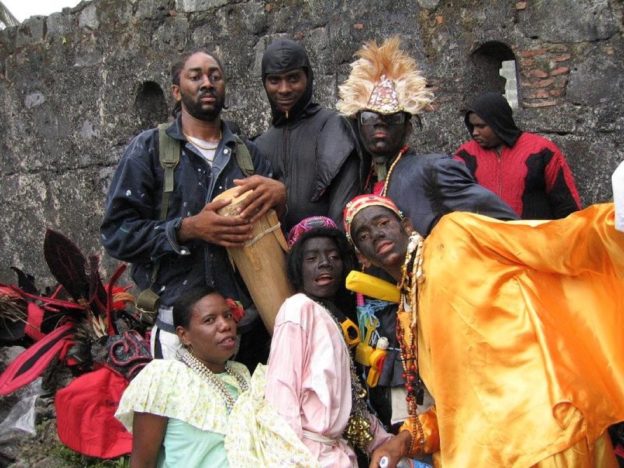
In this excerpt, Sandra Eleta discusses the development of La Casa de la Cultura Congo and her hopes that it will serve as a cultural repository.
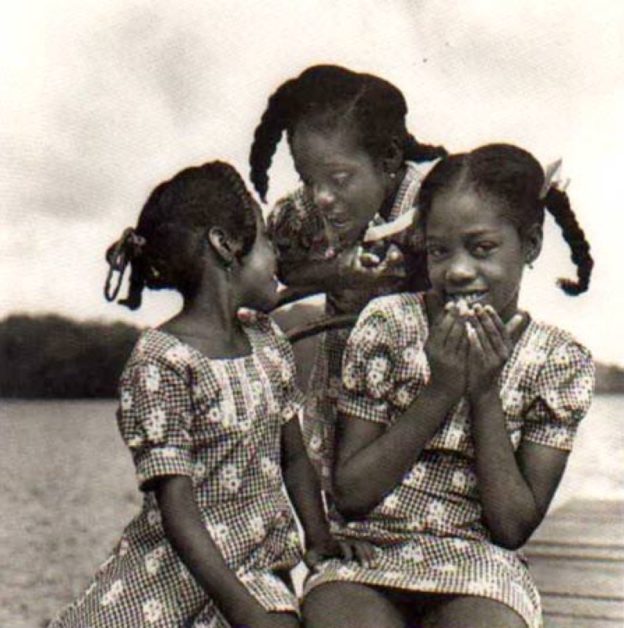
In this excerpt, Sandra Eleta shares memories of the first children and community members she chose to photograph.

In this excerpt, Chavarría discusses the meaning and purpose of the Congo tradition as well as a recent opportunity to talk about the Portobelo Congo tradition with a colleague from the Democratic Republic of Congo.
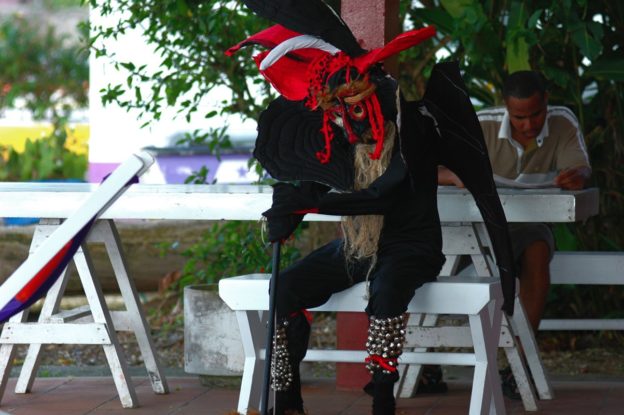
In this excerpt, Chavarría discusses the significance and meaning of the devil character in the Congo tradition.
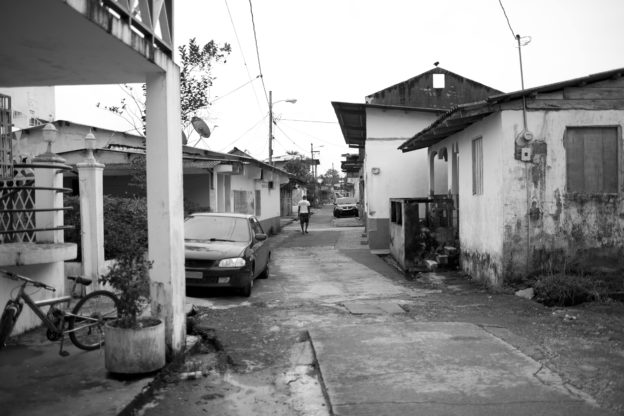
In this excerpt, Chavarría shares memories about how the Congo tradition of Portobelo was enacted before “the road” opened up the town to the broader community. Then, Congo carnival was a intimate community celebration in which everyone participated.
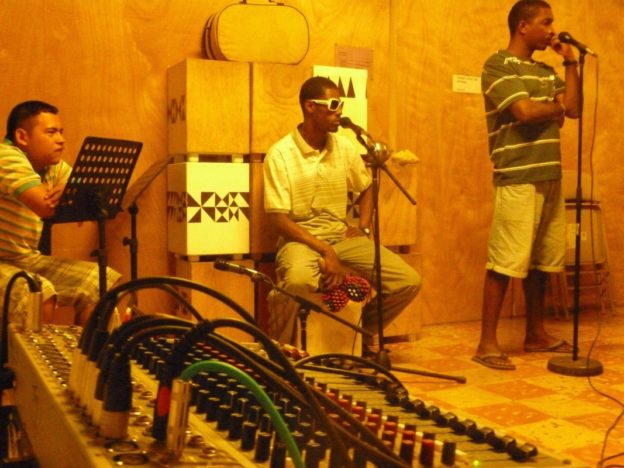
Abdiel Valdez discusses the relationship between Barrio Fino and the Music School/ La Escuelita Del Ritmo.
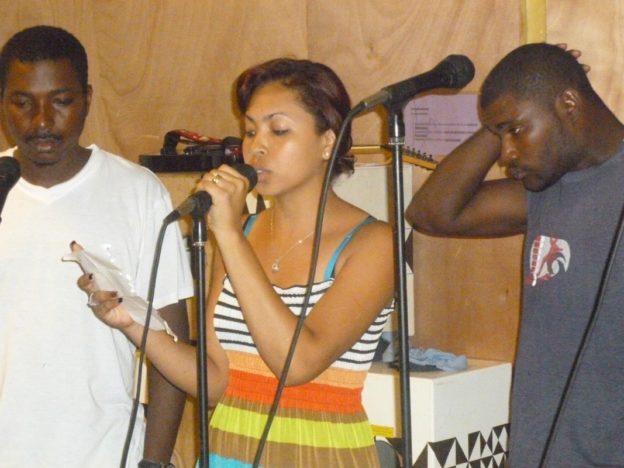
Abdiel Valdez shares some of the long-term goals of Barrio Fino, which include using participation in the group to help members become stronger musicians by expanding their skill set and gaining greater tools for cultural expression.